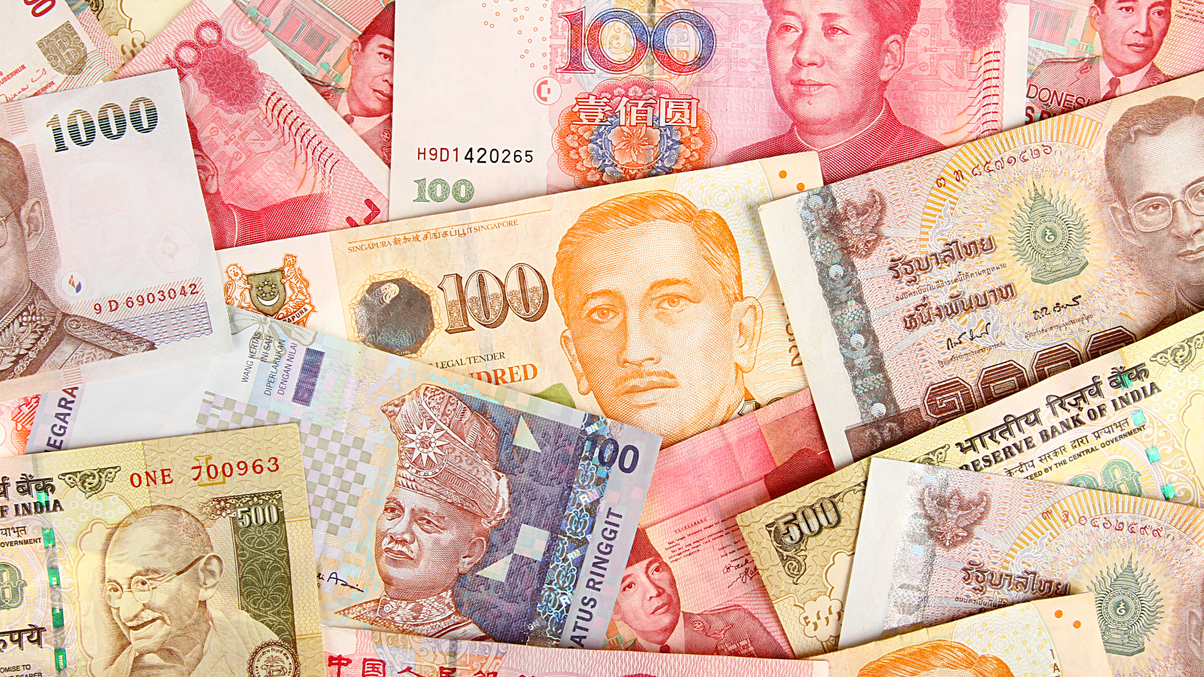Hedge funds re-evaluate strategies amid RMB slide
China's move towards a more market-driven exchange rate is unlikely to dampen demand for pan-Asia hedge fund strategies, say managers. The diversification of positions is expected to become ever-more important.

The Chinese central bank’s surprise devaluation of the renminbi is likely to have a significant effect on strategies pursued across Asia, according to hedge fund managers.
Sign in to read on!
Registered users get 2 free articles in 30 days.
Subscribers have full unlimited access to AsianInvestor
Not signed up? New users get 2 free articles per month, plus a 7-day unlimited free trial.
¬ Haymarket Media Limited. All rights reserved.


